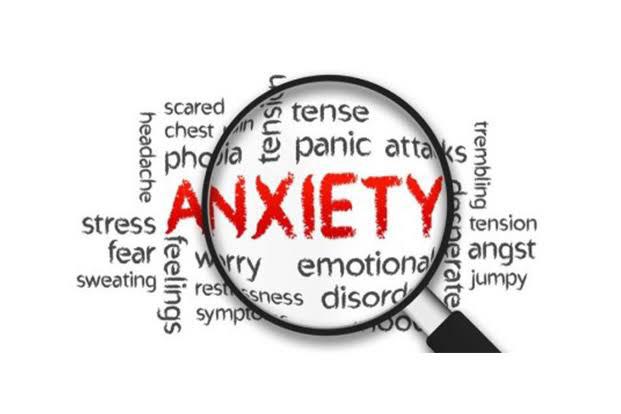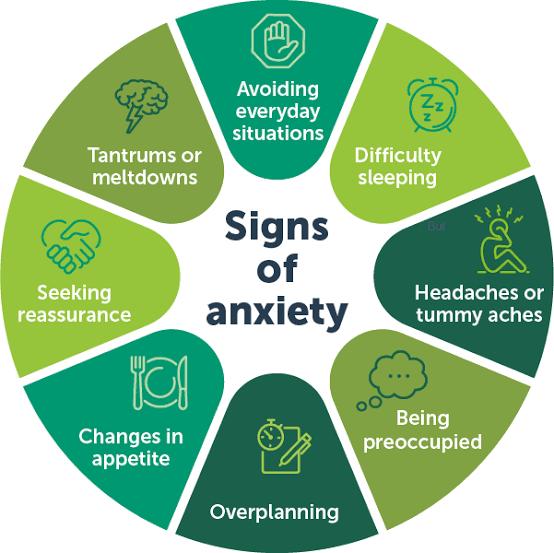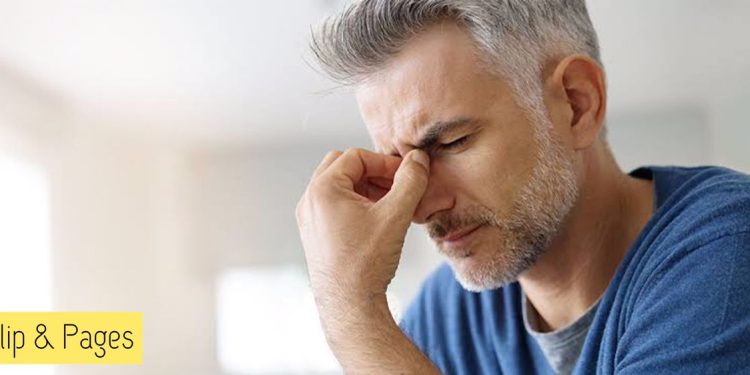Anxiety is a common mental health condition that affects millions of people worldwide. It is a normal and sometimes even helpful response to stress, but when it becomes chronic, it can have serious negative effects on both physical and mental health.
Chronic anxiety can lead to a range of physical health problems, including high blood pressure, heart disease, and digestive problems. It can also weaken the immune system, making it more difficult for the body to fight off infections and illnesses.
In addition to physical health issues, chronic anxiety can also have a significant impact on mental health. It can cause persistent negative thoughts, feelings of worthlessness, and difficulty sleeping. It can also lead to depression, social withdrawal, and a decreased ability to function in daily life.
One of the most dangerous aspects of anxiety is its ability to interfere with decision-making and increase the likelihood of accidents. Those who suffer from chronic anxiety may find it difficult to concentrate, which can lead to mistakes at work or while driving. They may also be more prone to accidents due to their constant state of worry and fear.

Fortunately, there are effective treatments available for anxiety. These include therapy, medication, and lifestyle changes such as exercise and mindfulness meditation. Seeking help from a mental health professional is an important step in managing anxiety and preventing its negative effects on both physical and mental health.
In conclusion, chronic anxiety is a serious condition that can have a range of negative effects on both physical and mental health. It is important to seek help if you are experiencing symptoms of anxiety, and to take steps to manage and reduce anxiety in your daily life. With proper treatment and self-care, it is possible to overcome anxiety and live a healthy, fulfilling life.

Anxiety is a common problem that affects many people around the world. It can be caused by a variety of factors, such as stress, trauma, or genetics. However, there are several things that you can do to help alleviate your anxiety symptoms and improve your quality of life. Here are some tips for freeing oneself from anxiety:
prevent anxiety:
1. Exercise regularly: Exercise is a great way to reduce stress hormones and improve mood. Even light exercise such as walking or yoga can be helpful.
2. Practice relaxation techniques: Techniques such as deep breathing, meditation, and progressive muscle relaxation can help you relax and reduce anxiety.
3. Get enough sleep: Lack of sleep can increase anxiety, so it’s important to get enough sleep each night. Try to get at least 7-8 hours of sleep every night.
4. Eat a healthy diet: Eating a healthy diet with plenty of fruits, vegetables, whole grains, and lean protein can help reduce anxiety.
5. Limit caffeine and alcohol: Both caffeine and alcohol can increase anxiety, so it’s best to limit your intake of these substances.
6. Stay connected with friends and family: Social support can help prevent and reduce anxiety. Make sure to stay connected with friends and family, even if it’s just a phone call or text message.
7. Seek professional help: If your anxiety is interfering with your daily life, it may be helpful to seek professional help from a therapist or counselor.
















